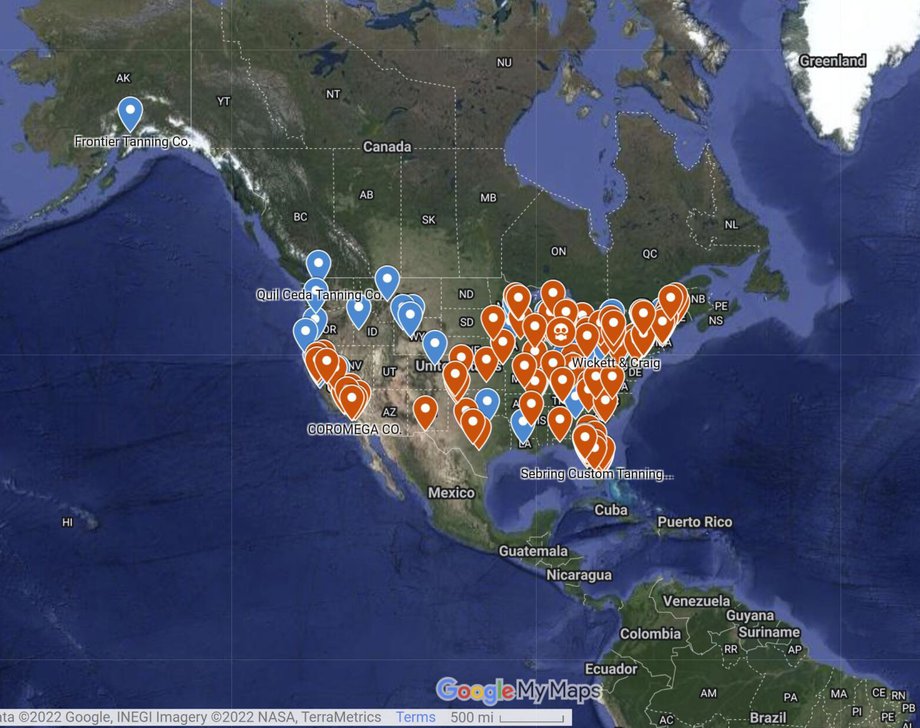Michigan officials found that sludge contaminated with heavy metals and PFAS was used to fertilize agricultural fields. Here the automotive tannery Eagle Ottawa Leather Company, spread tannery waste on farmland until 2006. It is not known whether tanneries across the nation also follow this practice. The Michigan PFAS Action Response Team is investigating the extent of the contamination. [PFAS found in groundwater where tannery spread sludge to fertilize crops - Michigan Radio]
As first reported by Garret Ellison with MLive, an automotive leather producer in Grand Haven, the Eagle Ottawa Leather Company, spread tannery waste on farmland from the mid-1990s to about 2006.
“The loophole that allowed for this waste to be spread is a loophole in federal law that allows all sorts of toxic industrial waste to be reclassified as beneficial soil conditioner. And once it's reclassified, it can be spread on agricultural land,” said Christy McGillivray, legislative and political director of the Sierra Club Michigan Chapter.
Since Michigan has a law that bars it from imposing rules stricter than those of the federal government, it’s not clear that the state can do anything about the practice.
“That may be a problem,” McGillivray said.
Sierra Club Michigan Chapter compiled information to identify other tanneries in the U.S.
Then-Governor Rick Snyder signed the no-stricter-than-federal law in his last days in office.
It’s unknown if tanneries across the nation also follow this practice. There’s already concern about sewerage sludge containing heavy metals and other toxic chemicals being used to fertilize crops.



